Oxford University Press has published the third edition of "Treating and Preventing Adolescent Mental Health Disorders," a project of the APPC-led Adolescent Mental Health Initiative.


Oxford University Press has published the third edition of "Treating and Preventing Adolescent Mental Health Disorders," a project of the APPC-led Adolescent Mental Health Initiative.
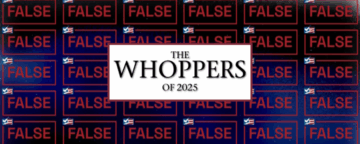
FactCheck.org released its list of the top falsehoods in American politics of 2025, featuring claims about health, the economy, the war in Ukraine, and more.
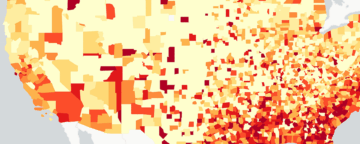
Researchers from Penn's Social Action Lab, including PIK Professor Dolores Albarracín, have created a tool to help public health workers predict HIV outbreaks.

A study by the Communication Neuroscience Lab and others finds that activity in brain regions associated with reward and social processing can predict messages' effectiveness.
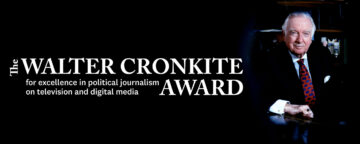
The Brooks Jackson Prize for Fact-Checking was awarded to Salt Lake City station KSL-TV at this year's Walter Cronkite Awards in partnership with APPC.

Kathleen Hall Jamieson delivered the American Association for the Advancement of Science's Carey Lecture at its annual Forum on Science and Technology Policy.
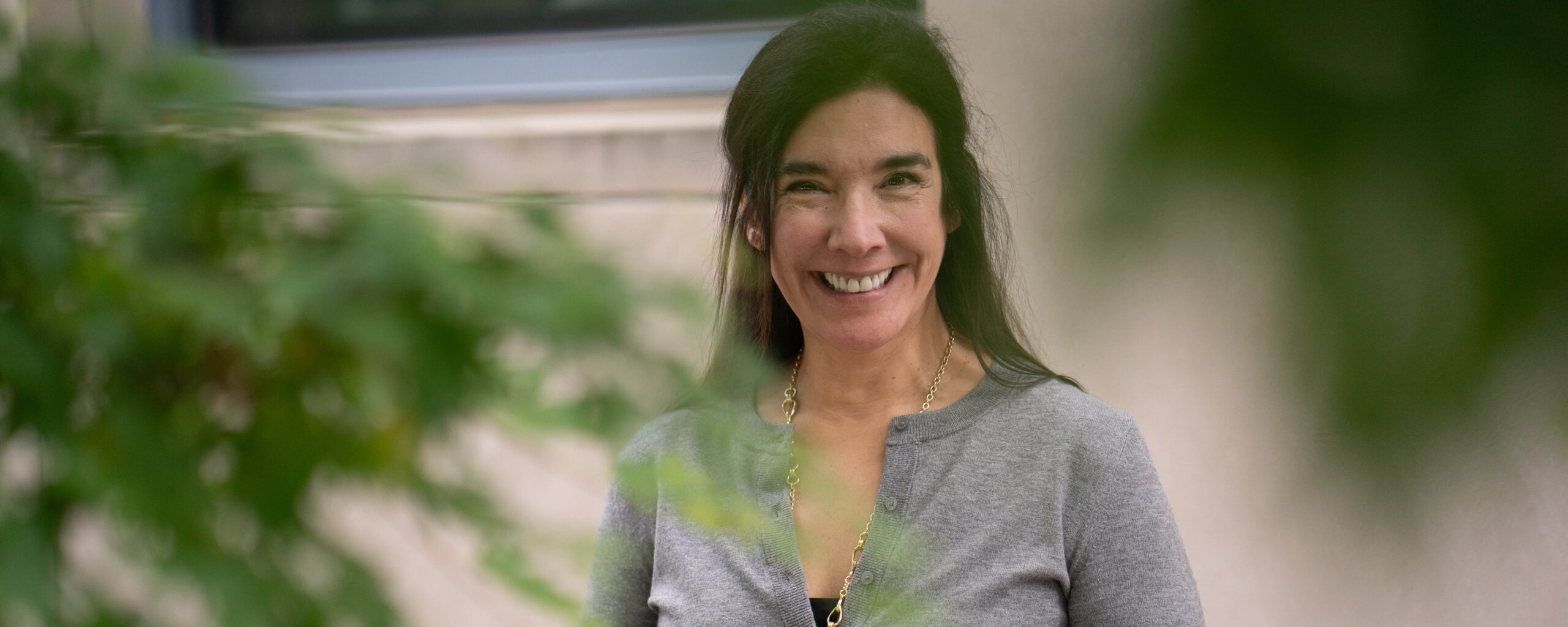
Penn PIK Professor Dolores Albarracín, who directs APPC's Communication Science division, received a Career Contribution Award from the Society for Personality and Social Psychology.
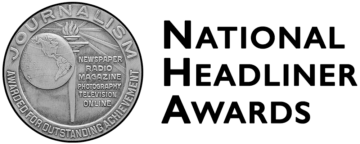
FactCheck.org has won a 2025 National Headliner Award for online beat reporting of government and political coverage for articles on claims about immigration.

An interdisciplinary research team at APPC and Penn ran an “intervention tournament” to test strategies and learn the most effective ways for motivating people to act on climate change.

New research by APPC scholars finds that people tend to share news that they find relevant to themselves or to people they know.

The National Constitution Center and the Center for Civic Education have been named recipients of the 2025 Leonore Annenberg Institute for Civics Award.